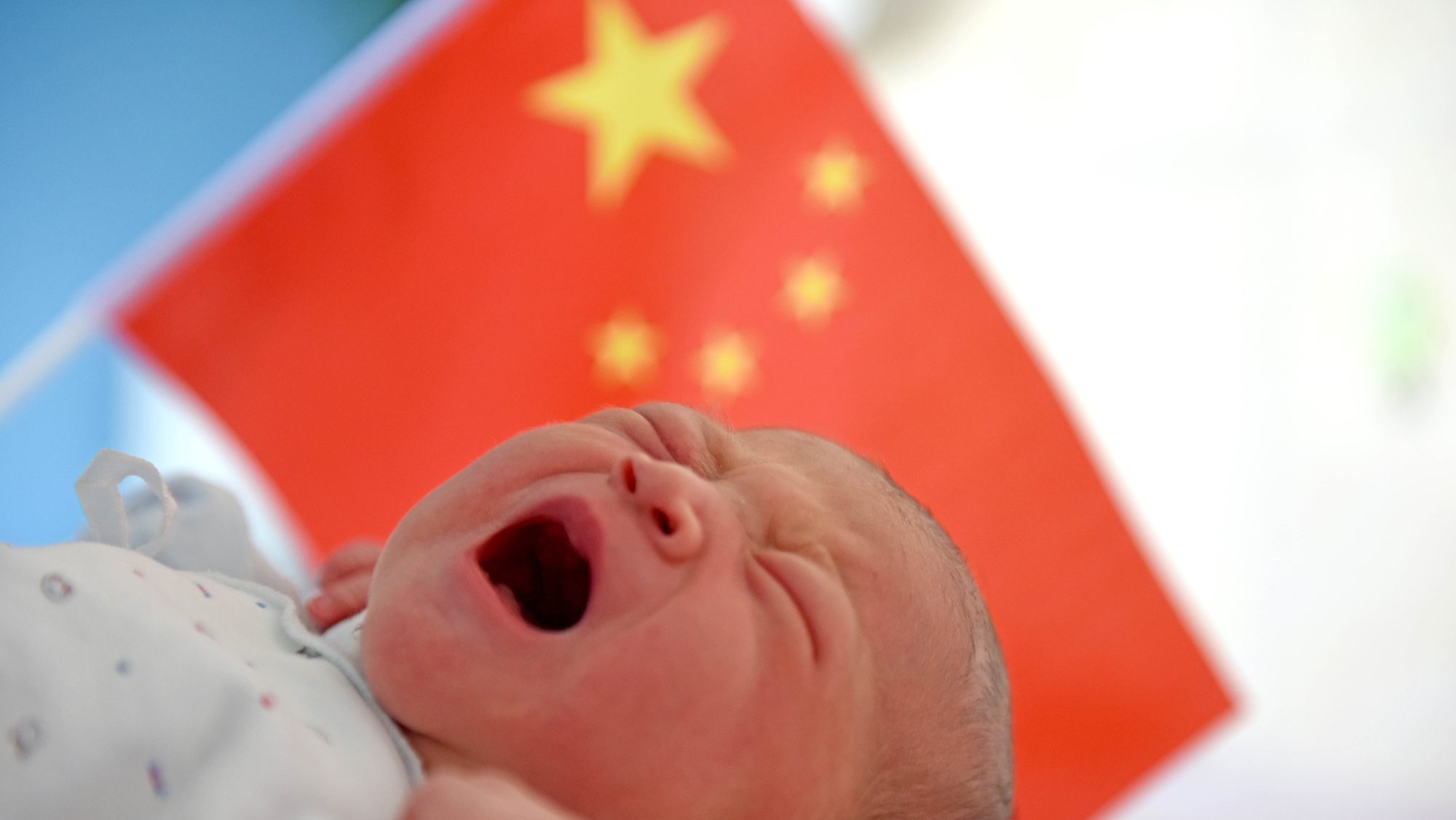CHINA: China is putting a stop to foreign adoptions of its children, leaving hundreds of American families in flux. In the 90’s, thousands of Chinese children were adopted by American families mainly due to the country’s one-child policy.
On Thursday, the Chinese Foreign Ministry said no more Chinese children would be sent abroad for adoption. There would be some exceptions, but only in cases of foreigners adopting the children or stepchildren of blood relatives in China.
The ban leaves hundreds of American families who are in the process of adopting children from China in uncertainty.
Speaking to US diplomats in China, China’s Ministry of Civil Affairs said it will not continue to process cases at any stage other than those covered by an exception clause.
China’s State Department said, “We understand there are hundreds of families still pending completion of their adoption, and we sympathize with their situation.”
According to China’s Children International, an international organization created by Chinese adoptees, more than 160,000 Chinese children have been adopted into families worldwide since 1992.
The US State Department reported that American parents adopted 82,674 children from China between 1999 and 2023; this constitutes 29% of all US overseas adoptions.
China suspended adoptions in 2020 due to COVID-19 to ensure the health and safety of the children. No children were sent to the US for adoption in 2021 and 2022. Last year, 16 children were adopted from China.
The one-child policy was scrapped in China due to the country’s ageing population and shrinking workforce. And despite the Chinese government saying in 2015 that it would allow married couples to have two children, the national birth rate continues to fall.
In 2021, China announced that it would allow three children and started efforts to encourage bigger families by offering more maternity leave and other tax perks.
However, none of this has resulted in a marked increase in birth rates as China faces changing gender norms, higher cost of living, and economic uncertainty in the job market.
Featured image by Depositphotos

